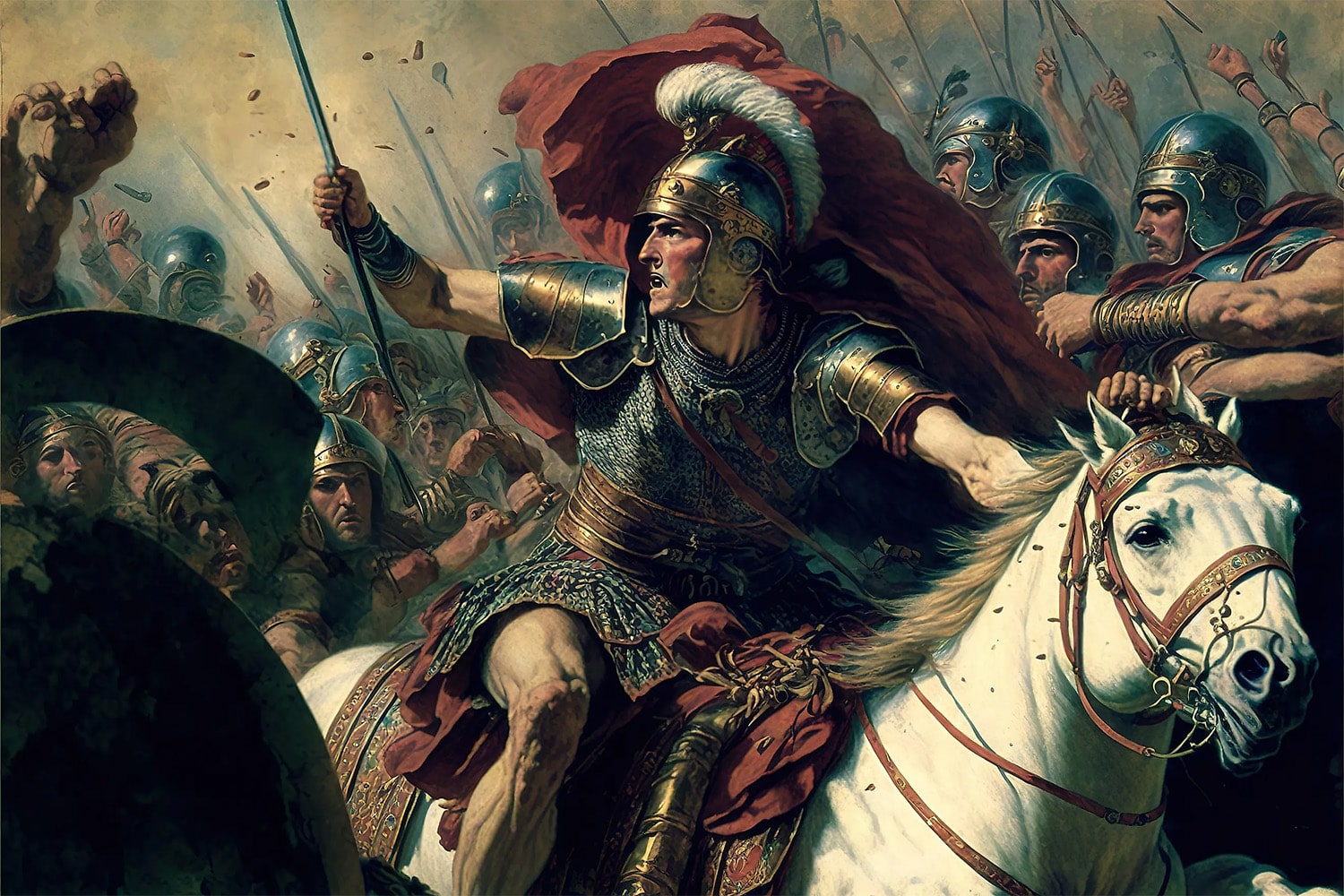
17 interesting facts about Alexander the Great
- 👁️ 283
Alexander the Great is one of history’s most renowned and intriguing figures. Born in 356 BC in Pella, Macedonia, to King Philip II and Queen Olympias, Alexander inherited a complex kingdom and a powerful army. His conquests created one of the largest empires of the ancient world by the age of thirty, stretching from Greece to northwestern India. Alexander’s strategies and battles are still studied in military schools around the globe, and his legacy has influenced both Eastern and Western cultures. Here are 17 interesting and informative facts about Alexander the Great that showcase his accomplishments, personality, and impact on the world.
- Alexander was tutored by the philosopher Aristotle from the age of 13.
- He became king of Macedonia at the age of 20, following the assassination of his father, King Philip II.
- Alexander named more than 20 cities after himself, the most famous being Alexandria in Egypt.
- He never lost a battle, despite often being outnumbered, thanks to his innovative tactics and leadership skills.
- Alexander’s horse, Bucephalus, was one of the most famous horses in history and accompanied him on his campaigns.
- He founded the city of Alexandria, which became a center of Hellenistic culture and learning.
- Alexander’s empire spread Greek culture throughout the known world, a period known as the Hellenistic Age.
- He is said to have wept because there were no more worlds to conquer, after reaching India.
- Alexander married Roxana, a Bactrian princess, to strengthen his ties with the regions he conquered.
- He solved the puzzle of the Gordian Knot, a task thought to be impossible, by cutting it with his sword.
- Alexander’s body was preserved in a vat of honey for transport back to Macedonia after his death in 323 BC.
- He admired and emulated the hero Achilles from Homer’s “Iliad” and carried a copy of the poem with him.
- Alexander’s death at the age of 32 in Babylon is shrouded in mystery, with theories including poisoning, fever, and liver disease.
- His conquests paved the way for the spread of Christianity by creating a unified cultural landscape.
- Despite his vast empire, Alexander’s territories quickly fractured into separate kingdoms under his generals after his death.
- Alexander showed respect for the cultures he conquered, adopting local customs and dress.
- His legacy inspired countless military leaders and figures throughout history, including Julius Caesar and Napoleon Bonaparte.
Alexander the Great remains a pivotal figure in history, known not only for his unparalleled military achievements but also for his vision of a united empire where cultures could merge and flourish. His ambition, intelligence, and the sheer scale of his conquests have made him a legend. While his empire dissolved soon after his death, Alexander’s influence on the course of history and his role in the spread of Greek culture across a vast area are undeniable. His legacy continues to be a source of fascination and study, embodying the complexities of power, ambition, and the desire for understanding across cultures.
Alexander the Great is one of history’s most renowned and intriguing figures. Born in 356 BC in Pella, Macedonia, to King Philip II and Queen Olympias, Alexander inherited a complex kingdom and a powerful army. His conquests created one of the largest empires of the ancient world by the age…